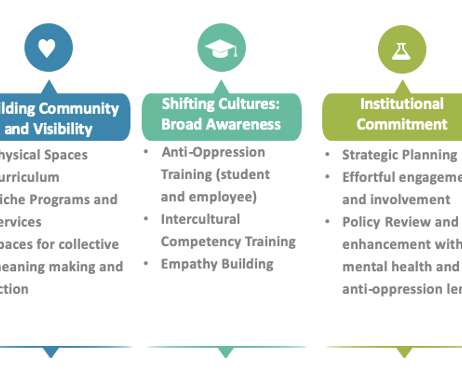Fundraising During Uncertain Times: What Not to Do
EAB
FEBRUARY 3, 2023
Indeed, during the 2008-2009 recession, giving fell along with the economy, and it took three years for philanthropy to start growing again. Understandably, fundraisers don’t want to seem tone-deaf to the possible financial hardships or fears of their constituents. But there are also significant risks to halting solicitations altogether.











Let's personalize your content